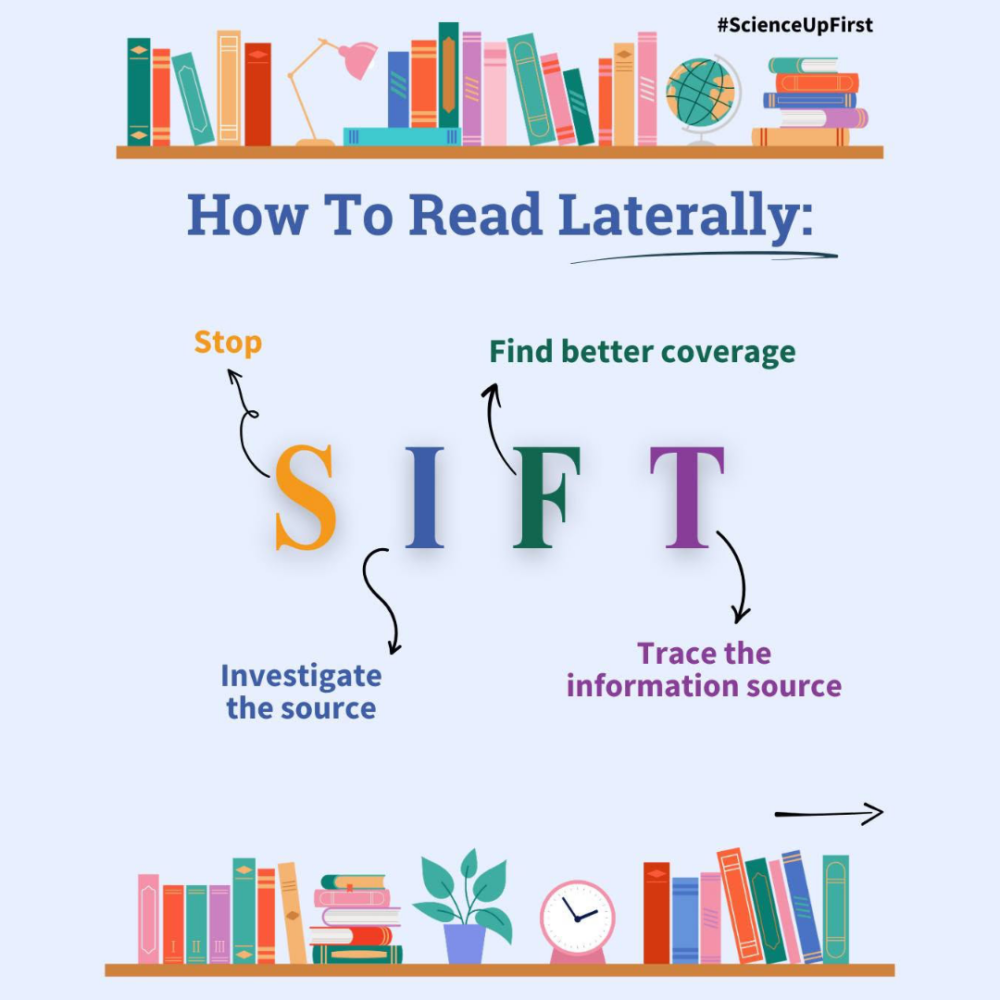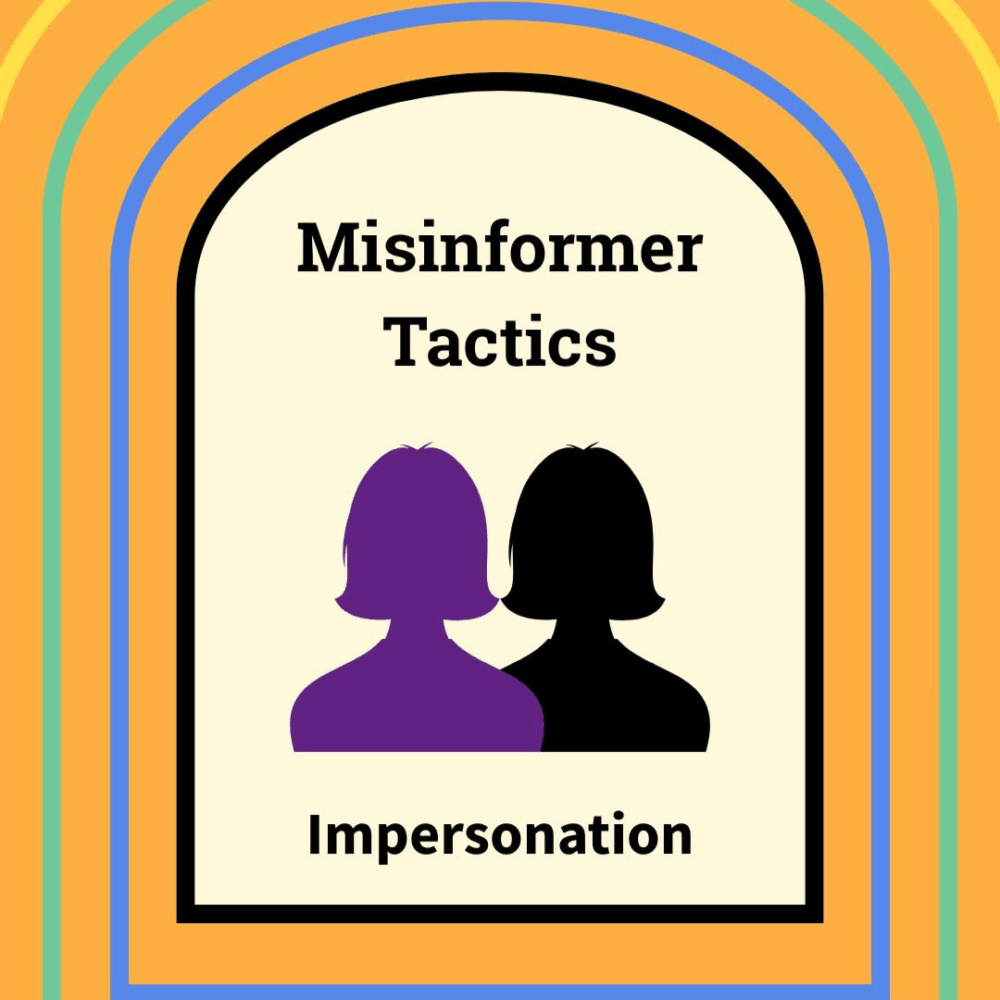Internet/Misinformation Hygiene Resources
This resource was created in response to requests from multiple members. It is meant as a short and easy-to-consult document to help you identify misinformation and discuss strategies to address it both online and offline.
A more thorough resource bank can be found here:
How to make yourself less vulnerable to misinformation
Curious about how vulnerable you could be to misinformation? Take this misinformation susceptibility test:
An instructional toolkit to build resilience against misinformation:
How to critically evaluate information and content you encounter online:
- What questions to ask yourself to spot misinformation
- Red Flags to look out for before believing or sharing information online
- Deepfakes and how to identify them (although the technology is evolving very fast)
- Thinking through the filter of the hierarchy of evidence
Be aware of the different misinformation tactics:
- Cherry Picking
- Causal Fallacy
- Firehose of Falsehood
- Slippery Slope
- Doubt Mongering
- Ad Hominem
- Impersonation
- Appeal to Nature
- Red Herring
- False Dichotomy
- Astroturfing
- The Persecuted Hero Narrative
- The Galileo Gambit
Be aware of the different ways that data can be misrepresented:
Be aware of common biases and fallacies, which we are all vulnerable to:
Science Literacy (and media literacy) makes us less vulnerable to misinformation:
- How does a scientific paper get published?
- How is funding for science obtained in Canada?
- What are Zombie papers?
- How do clinical trials work?
- Hierarchy of evidence
Facilitating difficult conversations and taking care of your mental health
How to help make conversations on polarizing topics more productive? (can apply both online and in-person):
- Make polarizing conversation more productive
- How to help people get out of misinformation rabbit holes
Sometimes, the best thing to do is to take a break from social media:
Resources, crash courses and guides
What are conspiracy theories, why do we believe in them, and how to tackle them:
- Conspiracy theory crash course
- What drives people to conspiracy theories and extremism, and what to do about it
A guide from the WHO on how to report misinformation online across platforms:
Questions to ask yourself when creating content for social media as an organization
Step by step guides to tackle misinformation
Media literacy is also essential in a changing digital media landscape. Media Smarts has many great educational resources:
Resources for addressing common climate myths:
- Evidence-based answers to hundreds of common climate myths (with basic and intermediate levels of difficulty and translated to dozens of languages)
Peer-reviewed research papers:
The efficacy of interventions in reducing belief in conspiracy theories: A systematic review




